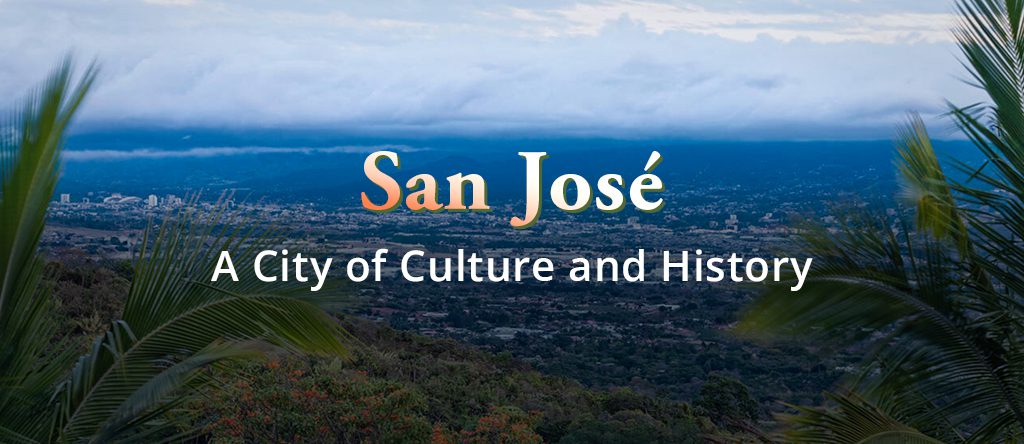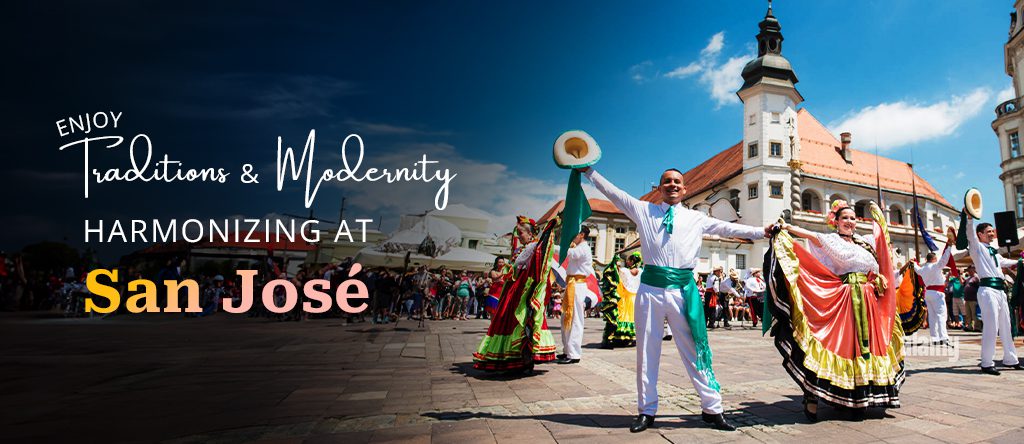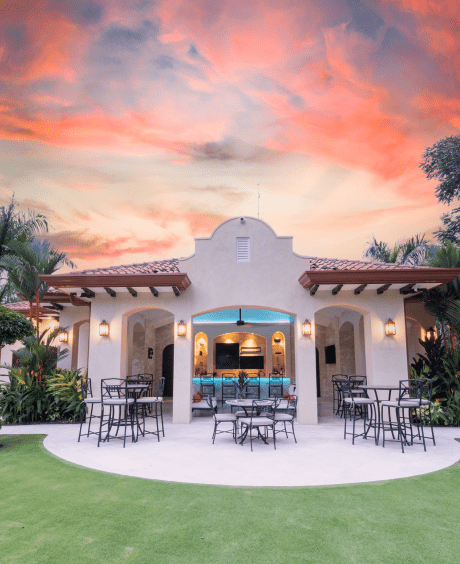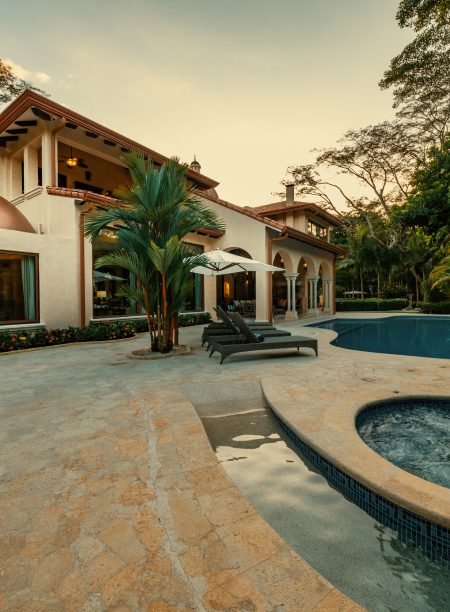The beautiful land of Costa Rica is loved by many because of its natural beauty, such as its majestic mountains, lush rainforests, amazing beaches, and its everlasting commitment to environmental care.
San José serves as the central city of this attractive country. Its political, economic, and cultural nerve center is located in San José, Costa Rica. Accordingly, this city is filled with historical sites, cultural amenities, and other modern facilities.
Let’s have a look at the major things that set it apart.
Historical Background
San José’s history goes back to 1738, when it was developed as a modest village in Costa Rica. Over the years, the growth of San José has been continuous.
In 1823, after a civil war that completely changed the politics of this country, San José became the capital city of Costa Rica, replacing Cartago, which previously held that title. This decision changed everything, transforming a small village into the thriving city we know today.
The strategic reason for moving the capital to San José was significant because the city was better placed and more accessible for governance and development. This transfer was fundamentally important in transforming San José into the dynamic, influential metropolis we know today.

Geographic and Demographic Overview
Costa Rica’s Central Valley nestles San José, known for its beautiful landscapes and good weather. The city is surrounded by rolling hills and deep valleys that can be seen from a distance.
| Aspect | Details |
| Location | Central Valley, Costa Rica |
| Population | Approximately 342,188 (2022) |
| Urban Development | A blend of historic buildings, modern architecture, and expansive green spaces |
| Climate | Tropical wet and dry climate, with temperatures ranging from 18°C (64°F) to 24°C (75°F) year-round |
| Environmental Aspects | Dedicated efforts to maintain green spaces and promote sustainable living, integrating parks and gardens into the urban landscape |
San José is committed to maintaining green spaces, promoting sustainable living, and integrating parks and gardens into the urban landscape. The city is diverse, with energetic ticos adding to its dynamic cultural composition. It mixes both historical and modern elements into its urban construction, creating a special and welcoming space for everyone.
Economic Significance
San José is the economic heartbeat of Costa Rica, with various industries forming the backbone of the national economy, including tourism, finance, services, and technology. The busy commercial areas and marketshere play a strategic role in carrying out various economic activities in the country.
The capital city draws in both startups and long-established companies due to its status as a technological innovation hub. Tourism is also vital, as many people visit from other countries to see the historical sites. This mix of economic activities, along with high population density, contributes to the commercial vibrancy that helps San José stand out in Costa Rica’s economic development.
Cultural and Educational Importance
San José offers cultural wealth with many historical landmarks and modern attractions. The National Theatre is an architectural masterpiece reflecting the city’s cultural background. Museums like the Gold Museum and the Jade Museum showcase numerous pieces from different times, catering to the diverse history of Costa Rica.
The city is also a hub for learning, with universities such as the University of Costa Rica being highly rated not only in academics but also in promoting the city’s culture and intellect.
San José is always full of various cultural events, festivals, and holidays celebrating the nation’s diverse heritage, creating a lively and welcoming atmosphere.

Tourist Attractions
San José is a tourist’s paradise, with the best places to visit in Costa Rica and many attractions catering to various tastes. Whether you’re interested in history, culture, nature, or entertainment, there’s something for everyone.
| Name | Address | Specification | Activities to Do |
| Central Market | Av Central, San José | Historical market with diverse vendors | Shopping, dining, and exploring local culture |
| Gold Museum | Calle 5, San José | Museum housing pre-Columbian gold artifacts | Museum tours and learning about history and culture |
| Jade Museum | Calle 11, San José | Extensive collection of jade artifacts | Viewing exhibits and educational tours |
| La Sabana Metropolitan Park | Sabana Sur, San José | Large urban park with sports facilities and green spaces | Jogging, picnicking, and adventure activities |
Destinations like the lively Central Market and La Sabana Metropolitan Park provide unique experiences and offer insights into the pulsating life and culture of San José.
Transportation and Infrastructure
The well-developed transportation infrastructure makes it easy to get around San Joséy. Juan Santamaría International Airport is the main entry and exit point for international travelers. Public transport includes buses and cabs, making the urban landscape navigable by various means.
San José is connected to the rest of Costa Rica by major highways, facilitating travel and business across the country. Urban facilities have been upgraded to improve traffic quality and provide more ways for people to move around, accommodating the growing population and increasing demand for mobility.
Living in San José
Life in San José is known for its good health services, quality education, and high-standard luxury accommodation options. The city is divided into various neighborhoods, each offering unique features and comfort.
Downtown is bustling, while other areas are quieter, allowing residents to choose their preferred living environment.
Newcomers can easily join San José’s vibrant expat community. The city offers a distinctive blend of modernity and tradition, reflecting its deep history and dynamic way of life. Residents and visitors can enjoy culinary tourism, cultural festivals, and a vibrant atmosphere, making San José a perfect place to live.

Conclusion
The capital city of Costa Rica is not just an administrative center. The rich history, culture, economic activity, and friendly environment represent the essence of the tropics.
This city is steeped in history while actively embracing the future. With its commitment to sustainability with rules in place, better quality of life with accommodations like luxury villas and resorts, and its well-established transportation system, San José plays an important role in defining Costa Rica’s identity and development, and it is well worth a visit.











